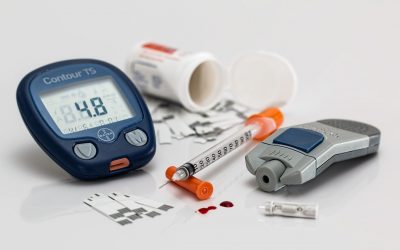Stress, a very underrated but increasingly common risk factor for heart disease. Some do not count it as a risk factor for heart disease, but I very much think it is. Work stress is a factor I am experiencing more and more in clients who join my classes or have 1:1 sessions with me. The scary thing is that the majority don’t realise they are stressed at the time and count it as a normal day’s work. Stress is a difficult factor to assess because something this is stressful for one person is not necessarily stressful for someone else. Cardiac rehabilitation guidelines highlight the importance of assessing anxiety and depression. Relaxation training forms an important part of cardiac rehabilitation to help you learn how to combat and reduce stress levels.
Whilst it is true that stress is important in some situations and it is something we experience everyday, constantly being stressed to the point where it affects your sleep, mood, relationships and lifestyle is not normal and is harmful to our body, mind and hearts. Stress is the body’s reaction to feeling frightened, threatened or overwhelmed. It is often a word used to describe how you may feel when everything seems too much. It is a normal feeling and a certain amount of stress can be healthy. However too much is linked with heart disease. While, the mechanisms underpinning this link are still not clear, stress does increase the likelihood of unhealthy habits which can cause heart disease. These include lack of sleep, alcohol consumption, overeating and smoking. If you’re feeling stressed its normal for your heart rate and blood pressure to increase. This is a result of your body’s response to prepare for a fight or flight situation, releasing adrenaline which makes your heart beat faster thereby increasing heart rate and blood pressure.
I thought I had been very lucky never to suffer with consistent elevated stress levels. But I now realise that without even knowing I had been doing things each day to help alleviate my stress levels. Things like exercising each day, eating healthily, and turning my phone onto do not disturb and going for a walk with my dog. I cannot tell you how important these things are to help with stress levels and if you are someone who suffers with stress it is so important to take control and start doing some of these things to help reduce your stress levels.









